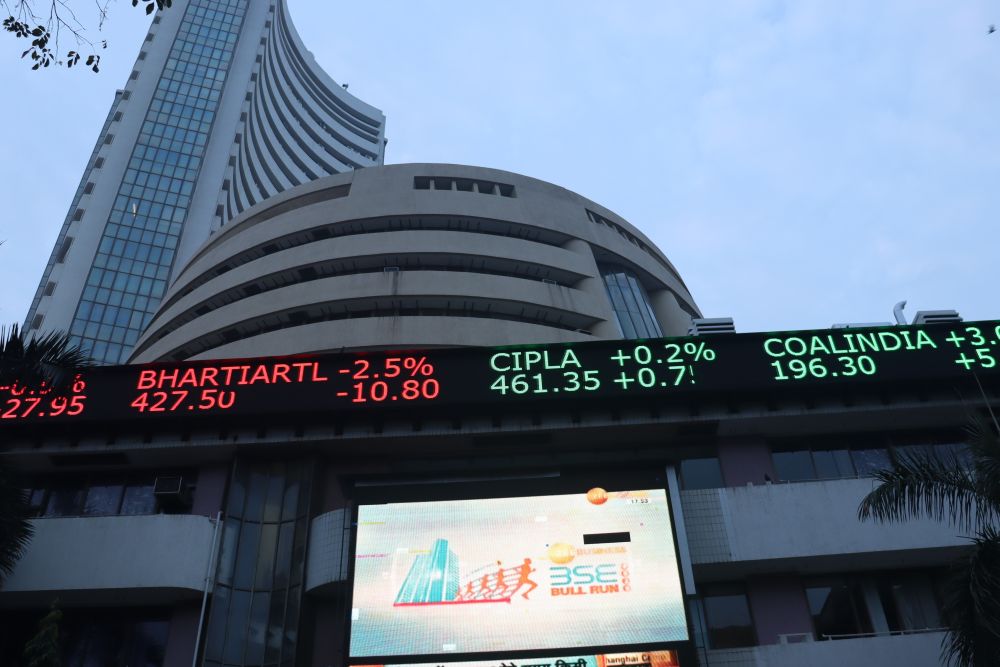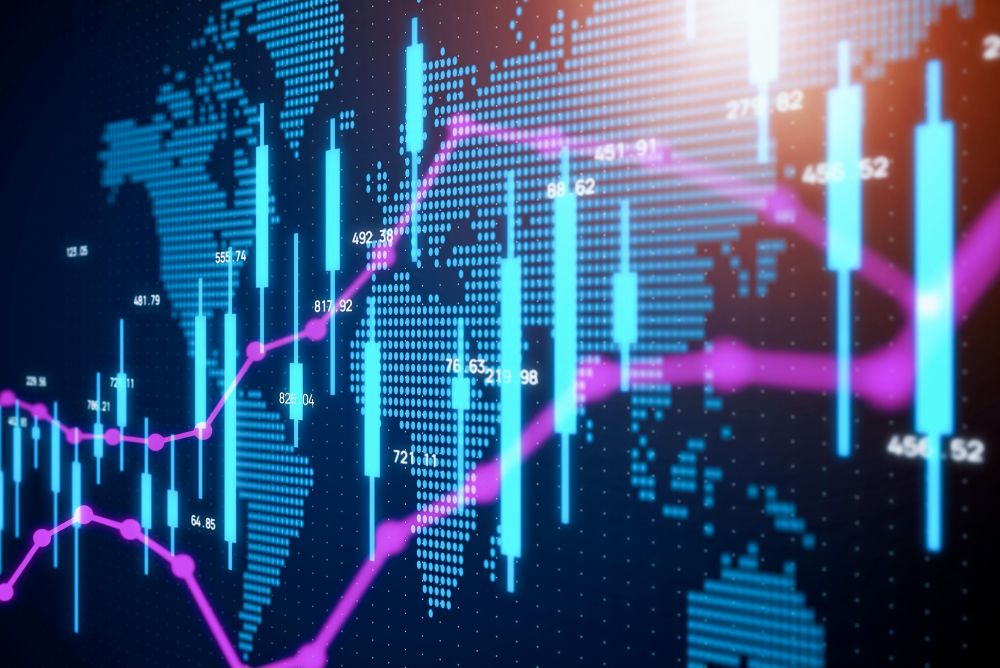Covid-19, rising US rates and surging commodity prices have taken different tolls on Asian economies. And whether an economy adopts a live-with- or zero-Covid policy makes a vast difference in its reopening schedule. With rising US interest rates, almost all Asian economies are negatively affected. And with surging commodity prices, most Asian economies are disadvantaged because of their net energy/commodity importer status, but Indonesia and Malaysia stand out as the beneficiaries given their net exporter status.
In Indonesia, the adoption of a live-with-Covid policy, wider nominal and real rate differentials with the US and its status as a net commodity exporter have put it in a very favourable position.
While Covid-19 vaccination coverage is still far from widespread, the latest wave of Omicron-driven infections peaked relatively quickly and, so far, has resulted in far fewer deaths compared with previous outbreaks. Only about 60% of the Indonesian population is vaccinated and a smaller proportion have received booster shots.
But even when Omicron infections surged during February and March, the government refrained from imposing strict nationwide lockdowns in view of the lower severe illness rate in comparison with the Delta variant wave in 2021. This is the reason why the economy continued to recover through Q1 2022 and into Q2 2022.
The economy is now reopening, benefiting domestic demand and foreign tourism. The recently announced Q1 2022 GDP growth report shows a resilient 5% year-on-year (yoy) headline growth, driven by continued recovery in private consumption (+4.4% yoy) and gross fixed-capital formation (+4.1% yoy).
Net exports also contributed positively to headline growth thanks to strong commodity prices. As the economy reopens, stronger domestic demand and revived foreign tourism is expected to accelerate FY 2022’s GDP growth to 5.4% from 3.7% last year.
As a major commodity exporter, Indonesia benefits from the surge in prices of its main commodity exports, helping to offset higher crude oil import costs. Indonesia is a resource rich country and its main commodity export products include coal, palm oil, nickel and natural gas.
Total commodity trade balance is sizable at 4.5% of GDP, consisting of a 5.6% of GDP non-oil and gas trade surplus and a 1.2% of GDP oil and gas trade deficit. Elevated global commodity prices are hence likely to keep Indonesia’s current account balance in a small surplus again this year.
Still hefty nominal and real rate differentials with the US, coupled with improved macro fundamentals vis-à-vis 2013’s taper tantrum, allow Bank Indonesia to normalize monetary conditions at a more gradual pace than the Fed. And, just as with other Asian economies, we expect rising US rates and a strong US dollar to pressure Indonesia’s external accounts and the Indonesian rupiah.
Rising food and energy inflation are concerning, but the government is tackling them through fiscal and administrative means. We expect Bank Indonesia to start its rate hike cycle soon, but not necessarily in lockstep with the Fed.
We remain cautious on Asian currencies as the hawkish stance held by developed market central banks may fuel further weakness. In relative terms, we have turned more cautious on North Asian currencies (Chinese yuan, South Korean won, Taiwanese dollar) after the sharp plunge of the Japanese yen.
We are more sanguine on the Indonesian rupiah and Malaysian ringgit, which enjoy positive terms-of-trade as high commodity prices help buffer external positions and fiscal revenues.
Christiaan Tuntono is a senior economist for Asia-Pacific at Allianz Global Investors.









